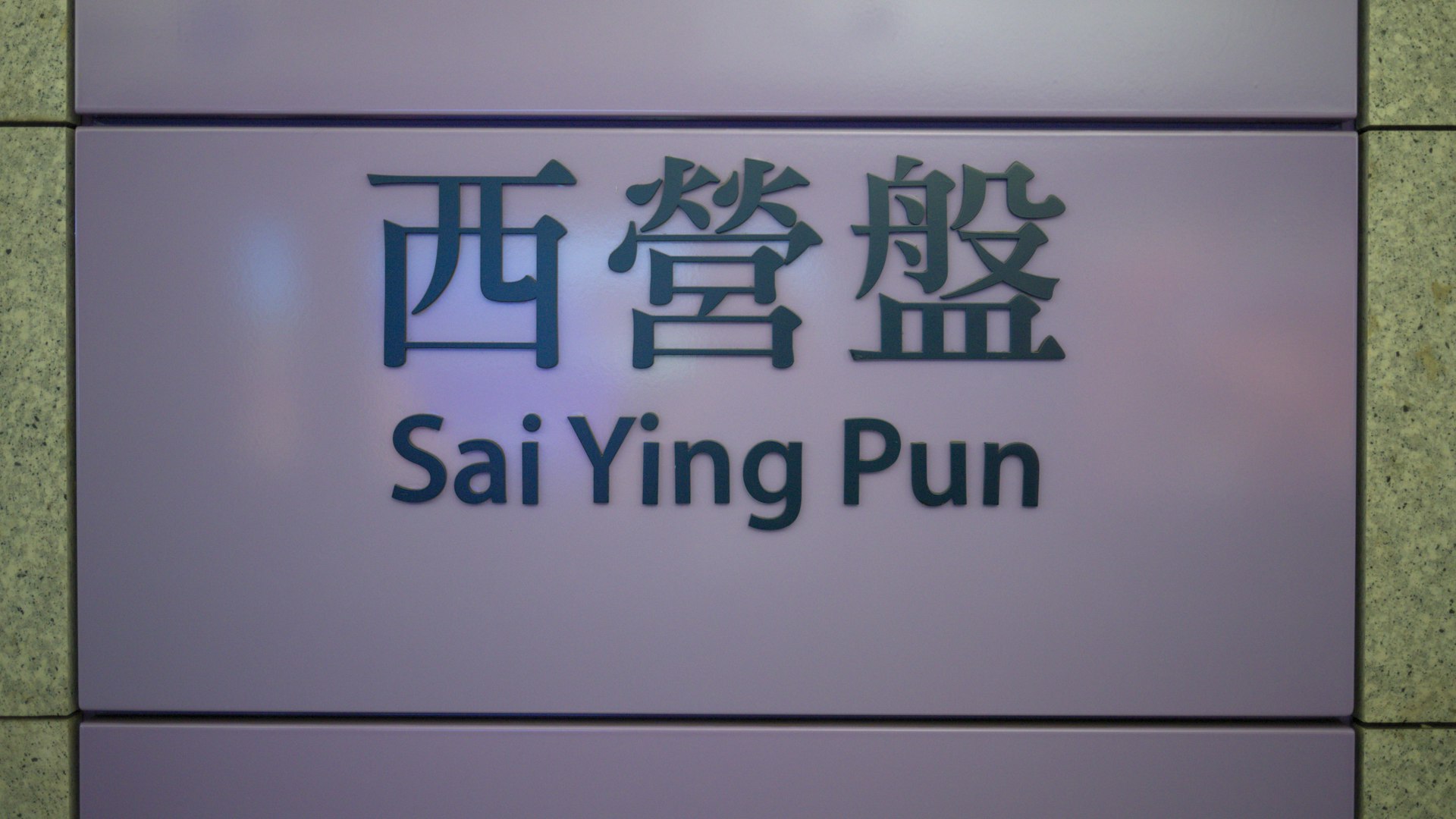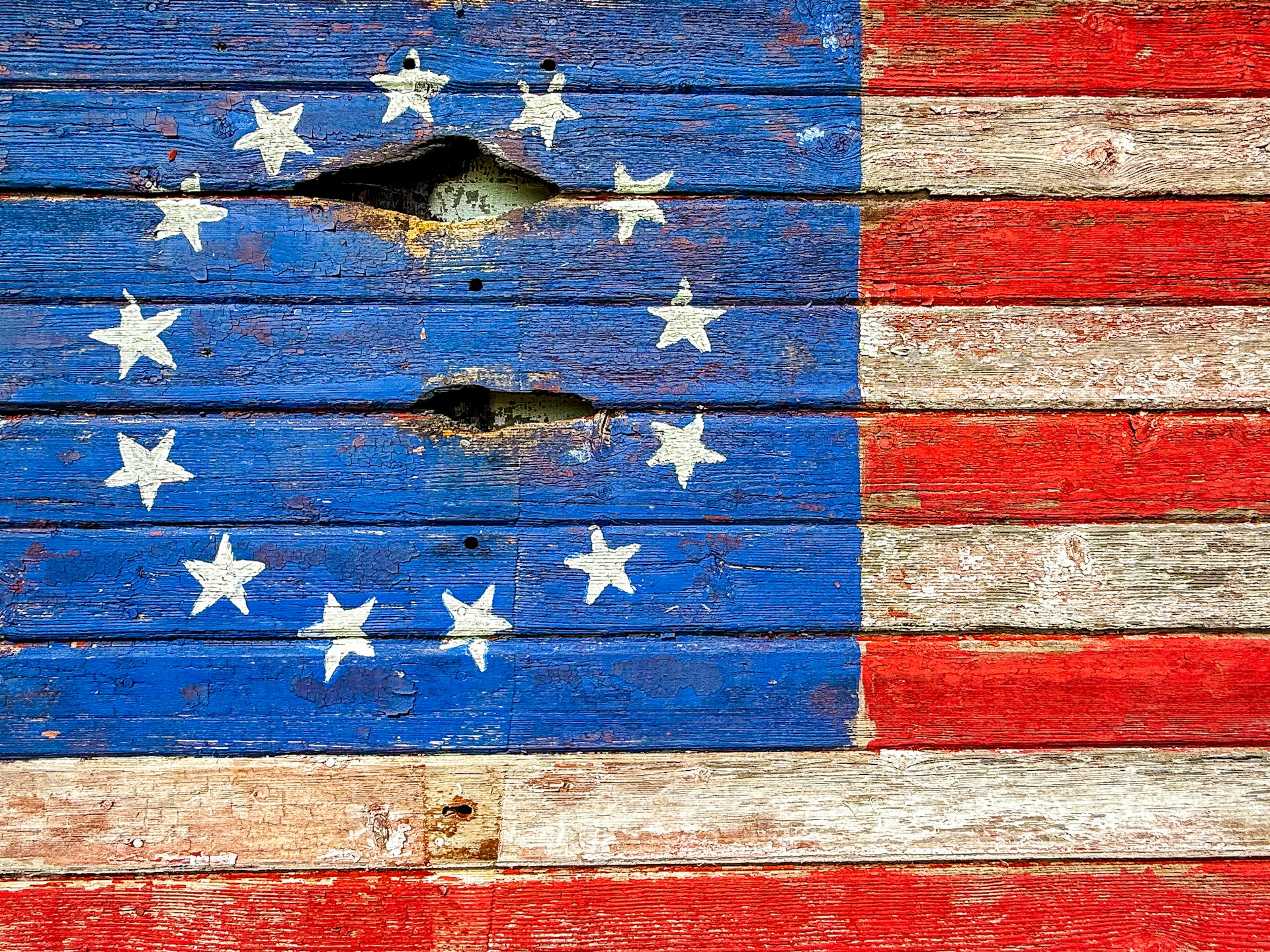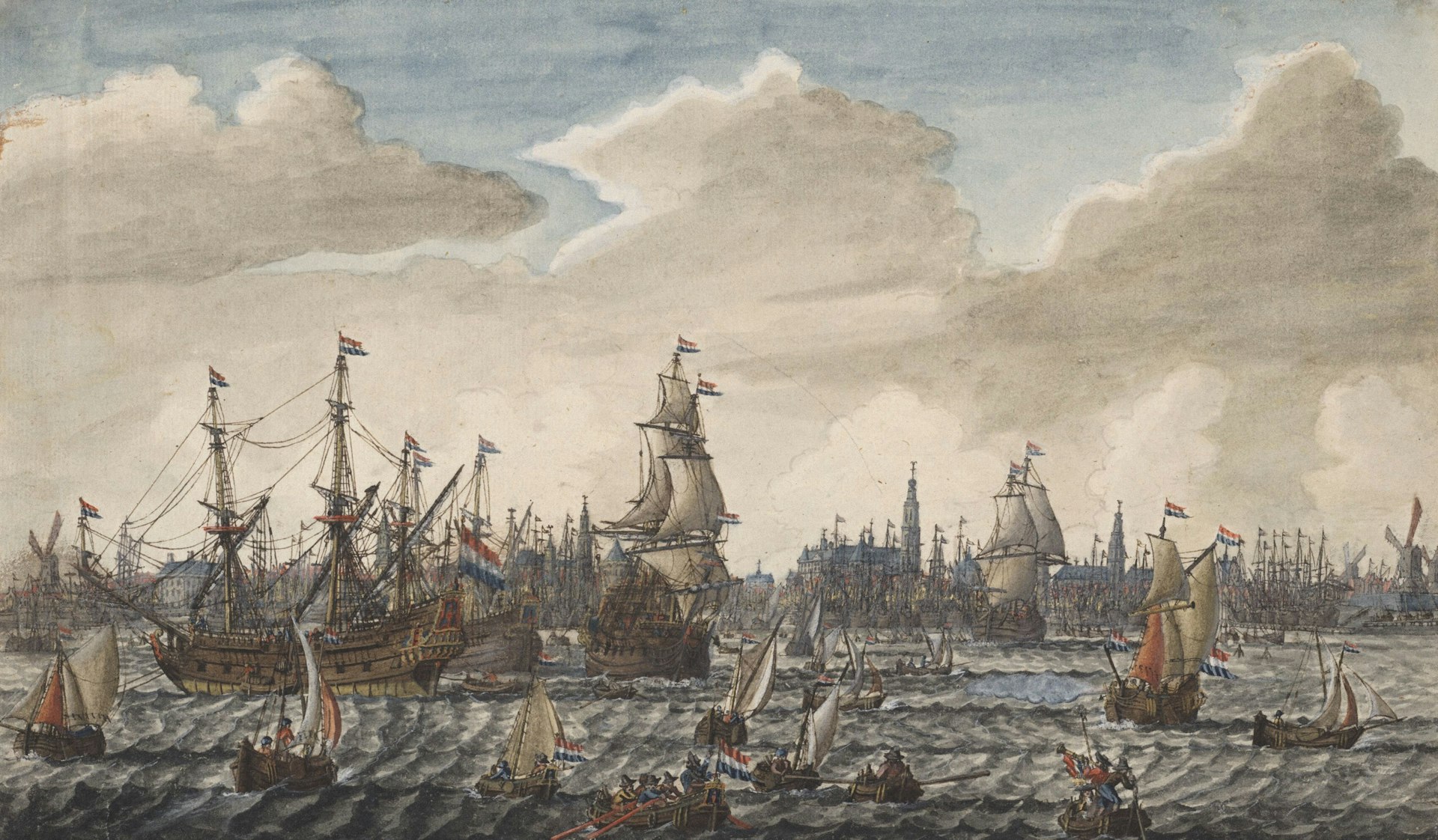The Global Legacy of the American Revolution: How Independence Shaped the Modern World

Photo by Eric Wiser on Unsplash
Introduction: The American Revolution’s Global Footprint
The American Revolution, which began in 1775, was more than a colonial rebellion-it was a seismic event whose shockwaves rippled across continents and centuries. The struggle for independence led by thirteen British colonies not only birthed a new nation but also ignited a worldwide movement for liberty, equality, and self-governance [3] . This article explores the far-reaching global impact of the American Revolution, tracing its influence on political ideologies, international relations, and the ongoing quest for representative government.
The Declaration of Independence: Catalyst for Change
No American document has had a greater global impact than the Declaration of Independence . Published in July 1776, its message spread rapidly across Europe and beyond, translated into multiple languages and debated in diplomatic circles [1] . The Declaration’s assertion that “all men are created equal” and the right to challenge unjust government became a rallying cry for oppressed peoples worldwide [4] .
For example, by August 1776, news of American independence had reached London, Edinburgh, Dublin, the Dutch Republic, and Austria. Translations appeared in Danish, Italian, Swiss, and Polish, making its revolutionary message accessible to many. The document’s ideas sparked diplomatic debate in France and influenced the Franco-American Treaty of Amity and Commerce in 1778, which marked the first formal recognition of the United States as an independent nation [1] .
The War for Independence: From Regional Conflict to Global Struggle
While the revolution is often remembered as a local struggle, the war quickly became a worldwide, multi-front conflict. Britain enlisted 30,000 German auxiliaries (Hessians) and fought not only in North America but also in Europe, Africa, Central America, and the Caribbean [2] . The entry of France in 1778, followed by Spain and the Netherlands, transformed the war into a global contest for imperial dominance, with battles raging over lucrative colonies, trade routes, and spheres of influence.
European empires clashed fiercely for control of Caribbean islands, vital for sugar production and trade. French troops landed in the Channel Islands, and fighting broke out on several continents, demonstrating that the American Revolution had become a truly global affair [2] .
Political Ideologies and the Spread of Revolutionary Ideas
The American Revolution popularized new concepts of liberty, equality, and governance by the people [5] . The creation of a republic-government by elected representatives rather than monarchs-was unprecedented in modern history. The United States became the first large republic since ancient times and set a model for others to follow [6] .
These ideas resonated across the Atlantic world and inspired subsequent revolutions in France (1789), Haiti (1791), Latin America (early 1800s), and Europe. Leaders like Simon Bolivar in South America cited the American example as motivation to overthrow colonial rule and establish independent republics [4] . The American Revolution helped spread Enlightenment principles, challenging traditional authority and fueling the “Age of Revolutions.”
International Recognition and Diplomatic Shifts
American independence forced a re-evaluation of international relations. The new United States secured formal recognition and alliances that shifted the balance of power. The Franco-American alliance was instrumental in defeating Britain and showed that small nations could successfully challenge great powers with strategic partnerships [1] .
Over time, the relationship between the United States and Britain transformed from adversaries to allies, highlighting how revolutionary conflict can evolve into constructive diplomatic engagement [5] .
Long-Term Effects: Inspiring Global Movements
The legacy of the American Revolution extends well beyond the eighteenth century. Its principles have inspired national liberation movements, constitutional reforms, and demands for representative government in dozens of countries over the past 250 years [6] . Today, most nations have adopted republican forms of government, at least nominally, due in part to America’s enduring example.
Even now, debates about democracy, equality, and rights continue to be shaped by the ideals first articulated in the Declaration of Independence [4] . Movements for civil rights, gender equality, and political reform around the globe often reference the American Revolution as a foundational moment in the struggle for justice.

Photo by Clay Banks on Unsplash
Practical Guidance: Accessing Resources and Further Learning
For those seeking deeper understanding or educational resources on the global impact of the American Revolution, consider these approaches:
- Search for materials from established institutions such as the Gilder Lehrman Institute of American History, National Army Museum, and the American Revolution Institute. These organizations provide lectures, essays, and archival documents with global context.
-
Explore university history departments and public libraries for books like
The Age of Revolutions
by Nathan Perl-Rosenthal, which examines the worldwide impact of revolutionary movements. - Attend public lectures, online webinars, or museum exhibitions dedicated to the American Revolution’s international effects. Use search terms like “global impact of the American Revolution,” “Atlantic revolutions,” or “Enlightenment and independence” for best results.
- For educators, curricula and lesson plans are available from reputable sources. Consider searching for “teaching the global legacy of the American Revolution” on official education portals.
If you wish to visit historic sites or museums, check official websites for current schedules and offerings. For example, the Boston Tea Party Ships & Museum provides in-depth articles and tours covering the Revolution’s effects [5] .
Challenges and Ongoing Debates
While the American Revolution set a powerful precedent, its ideals have often been challenged or adapted to local contexts. Not all revolutionary republics endured, and debates about equality and representation persist globally. Some critics point out the limits of the original revolution, including exclusion of women, enslaved people, and Indigenous populations from its benefits [4] .
Nevertheless, the revolution’s global resonance lies in its capacity to inspire ongoing movements for justice and reform. Each nation faces unique challenges in adapting these principles, but the American model continues to offer lessons and inspiration.
Alternative Approaches and Key Takeaways
Countries inspired by the American Revolution have taken various paths to independence and self-government. Some, like France and Haiti, underwent violent upheaval; others, like Canada and Australia, achieved independence through gradual reform. The essential takeaway is that the drive for liberty and self-determination, popularized by the American experience, remains a vital force in world history [3] .
For those seeking to learn more, multiple pathways exist: academic study, museum visits, participation in commemorative events, or online research through reputable institutions. Always verify sources and seek out materials from established organizations to ensure accuracy and depth.
References
- [1] Gilder Lehrman Institute of American History (n.d.). The Declaration of Independence in Global Perspective.
- [2] National Army Museum (2024). How the American Revolution Became a Global War [Video].
- [3] Fiveable (n.d.). Global Impact of the American Revolution.
- [4] American Battlefield Trust (n.d.). The Global Perspective.
- [5] Boston Tea Party Ships & Museum (n.d.). Effects of the American Revolution.
- [6] American Revolution Institute (n.d.). Why the American Revolution Matters.
MORE FROM resultsdiscount.com













